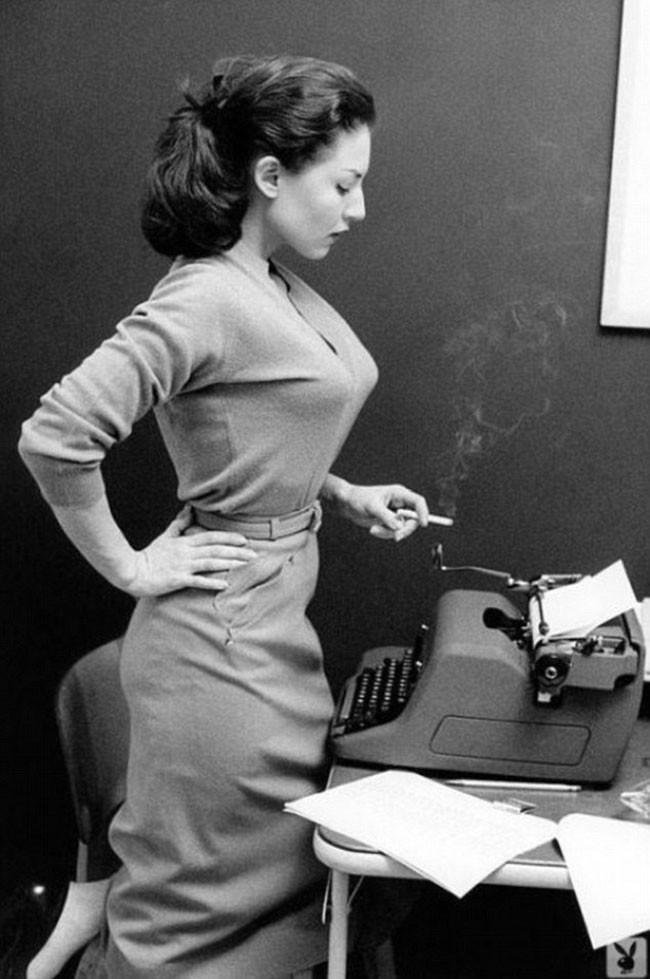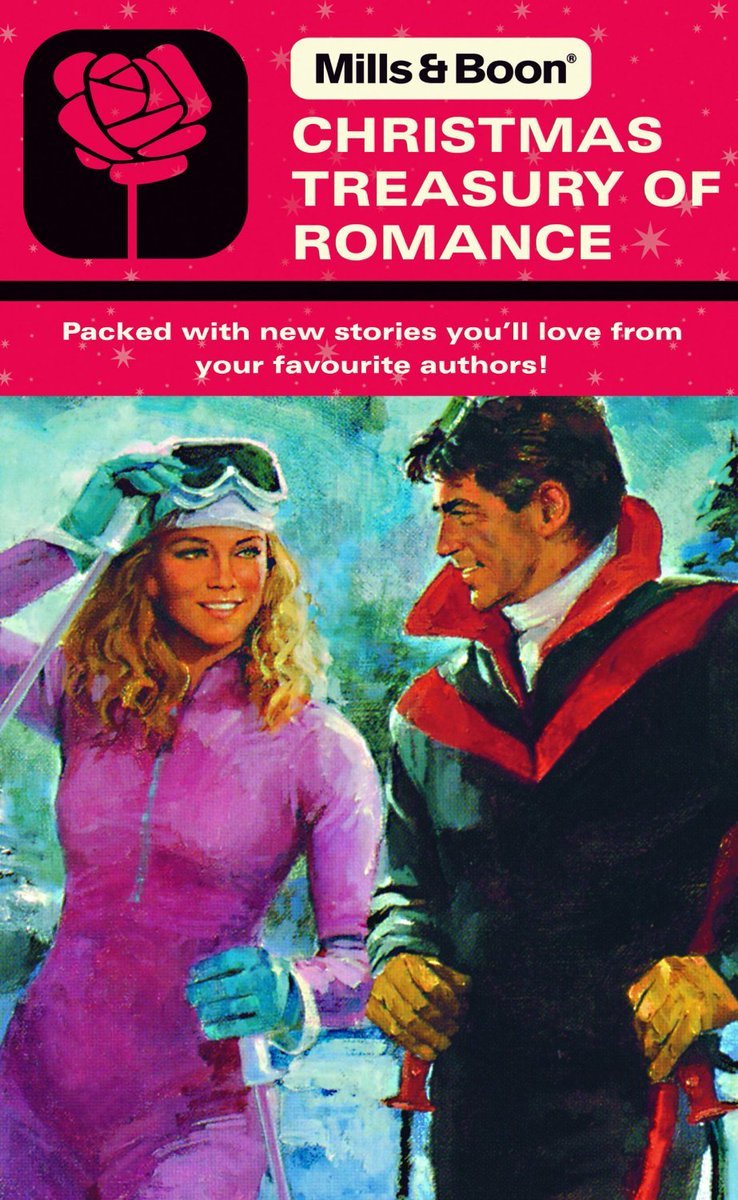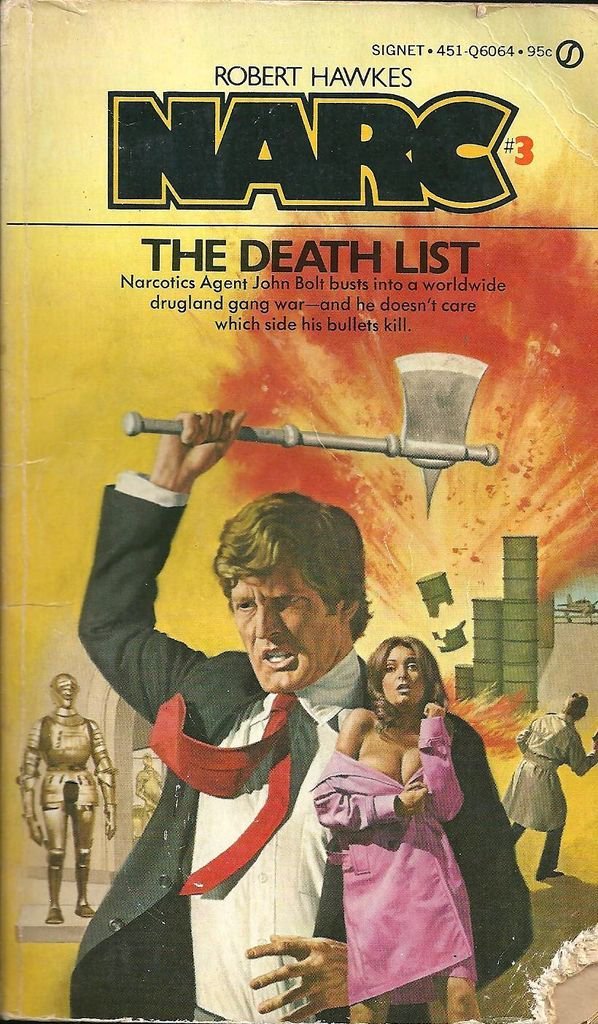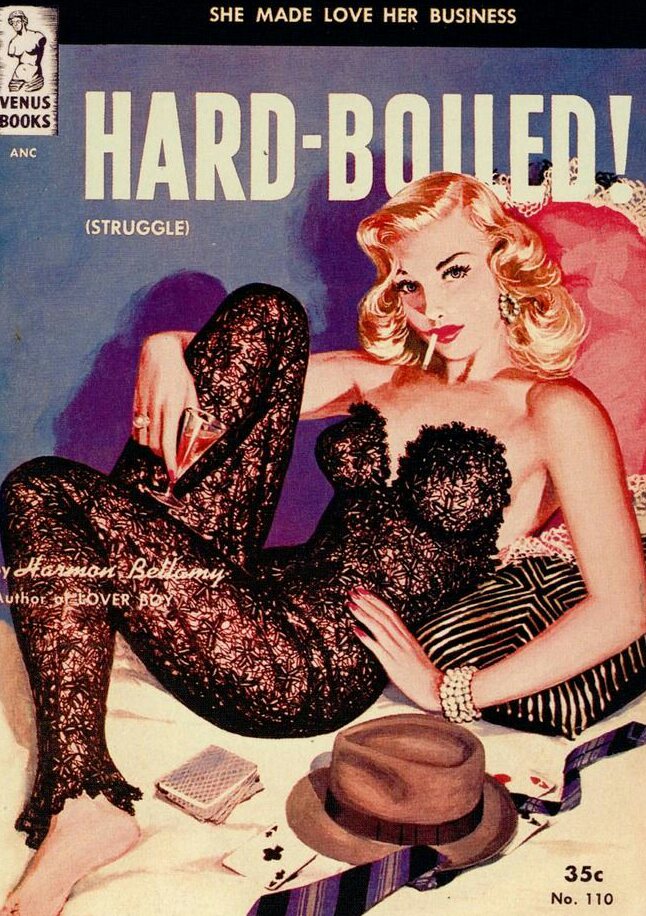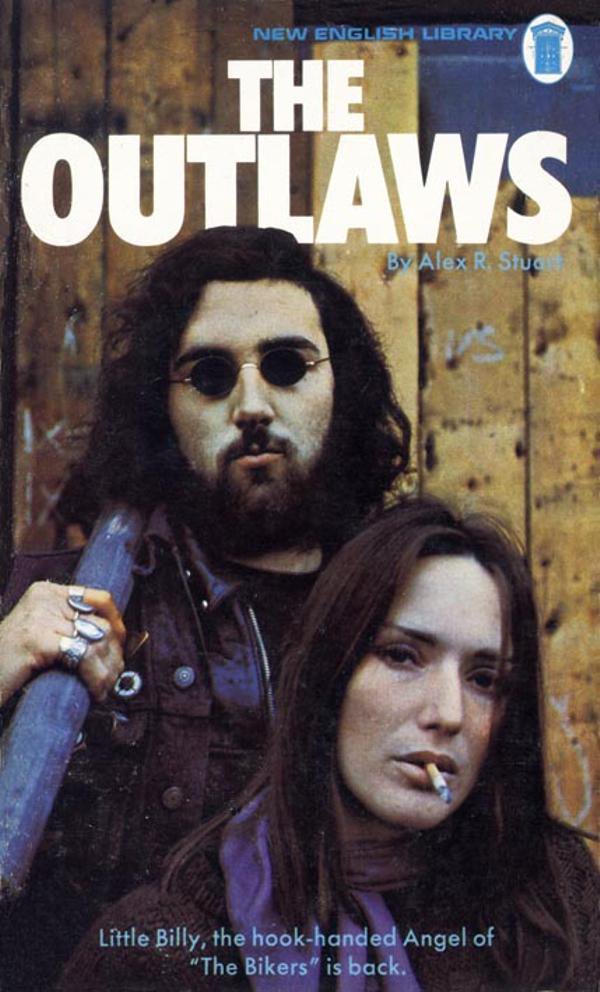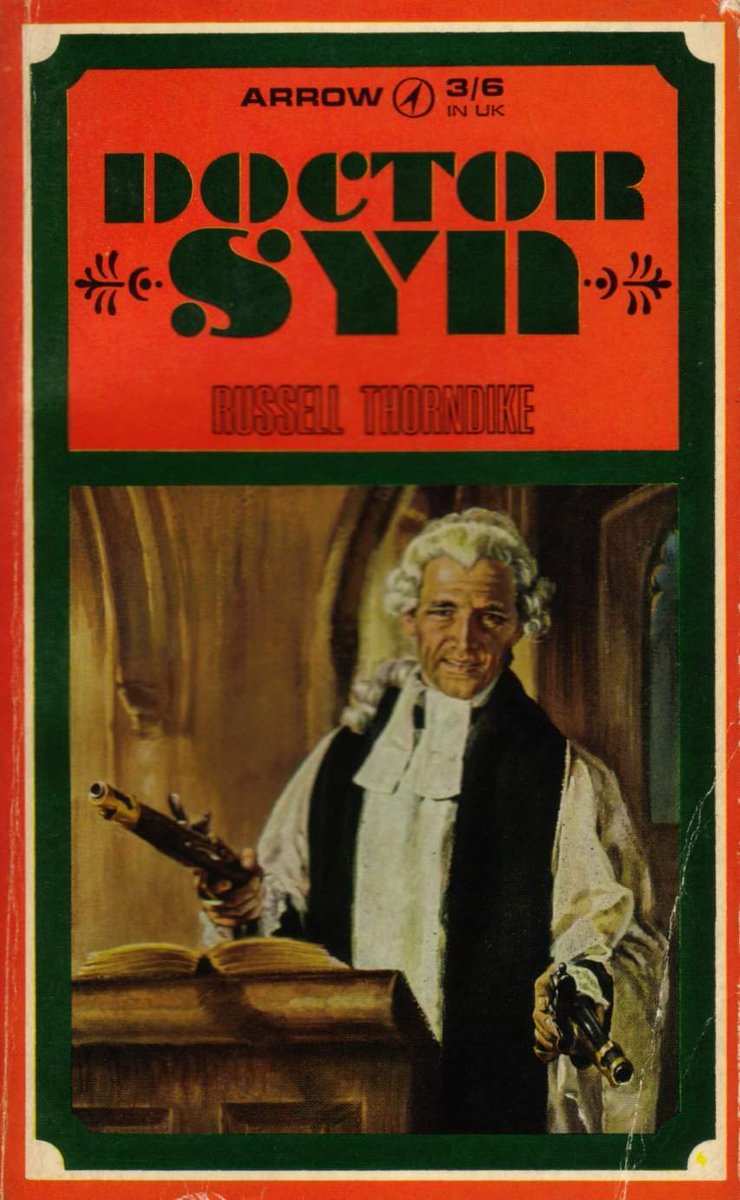"Fear is the mind-killer," but movie production is a close second. As Denis Villeneuve's epic movie adaptation of Dune pulls in audiences worldwide, I look back at an earlier struggle to bring that story to the silver screen.
This is the story of David Lynch's Dune...
This is the story of David Lynch's Dune...

Dune is an epic story: conceived by Frank Herbert after studying the Oregon Dunes in 1957 he spent five years researching, writing, and revising it before publication. He would go on to write a further five sequels. 

Dune is a multi-layered story and a hugely immersive novel. It's about a future where the mind rather the computer is king, aided by the mysterious spice melange. It also has more feuding houses than Game of Thrones. 

The novel touches on many themes: ecology, religion, politics, causality, myth. It is probably the best-selling science fiction book ever written.
So obviously Hollywood wanted a slice.
So obviously Hollywood wanted a slice.
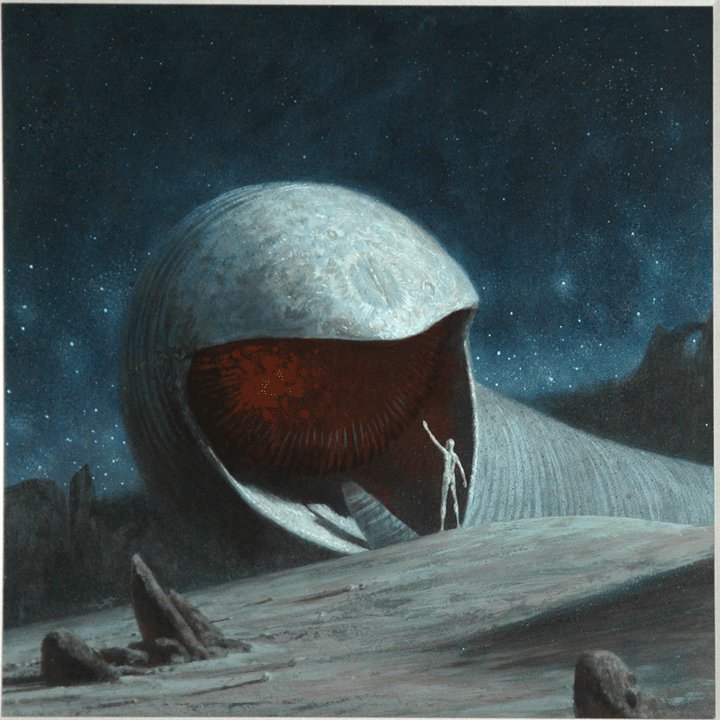
Planet Of The Apes director Arthur P. Jacobs first optioned the rights to Dune in 1971. After his death in 1973 Jean-Paul Gibon acquired them and brought on board Alejandro Jodorowsky to direct. 

Jodorowsky's vision for Dune was epic: set design by H.R. Giger, Jean Giraud, and Chris Foss; music by Pink Floyd; with Salvador Dalí, Orson Welles and Mick Jagger in starring roles. 





Alas funding problems prevented Jodorowsky's epic from being realised. So in 1976 Dino De Laurentiis purchased the rights for Dune and asked Frank Herbert to write the script. Ridley Scott was scheduled to direct. 

Herbert's first script came in at three hours running time, and Ridley Scott figured it would take two and a half years to make the film. As he was already committed to Blade Runner the project would have to wait. But De Laurentiis was impatient to start sooner. 

So in 1981, having been impressed by The Elephant Man, De Laurentiis approached David Lynch to direct Dune.
Lynch agreed without first reading the book. De Laurentiis accepted without first watching Eraserhead.
Lynch agreed without first reading the book. De Laurentiis accepted without first watching Eraserhead.

Lynch had turned down directing Return Of The Jedi to take on Dune, and soon immersed himself in its immense story. Seven rewrites later he had a 120 page script crammed with strange and exciting ideas. 

Kyle MacLachlan took the lead role of Paul Atreides, with Francesca Annis as Lady Jessica and Patrick Stewart as musical warrior Gurney Halleck. And of course Sting's in it, in some winged underpants. 





Filming took place in Mexico with a cast and crew of 1,700 actors and technicians on 16 sound stages, and at a cost of $40 million. Hopes were high for a blockbuster. 
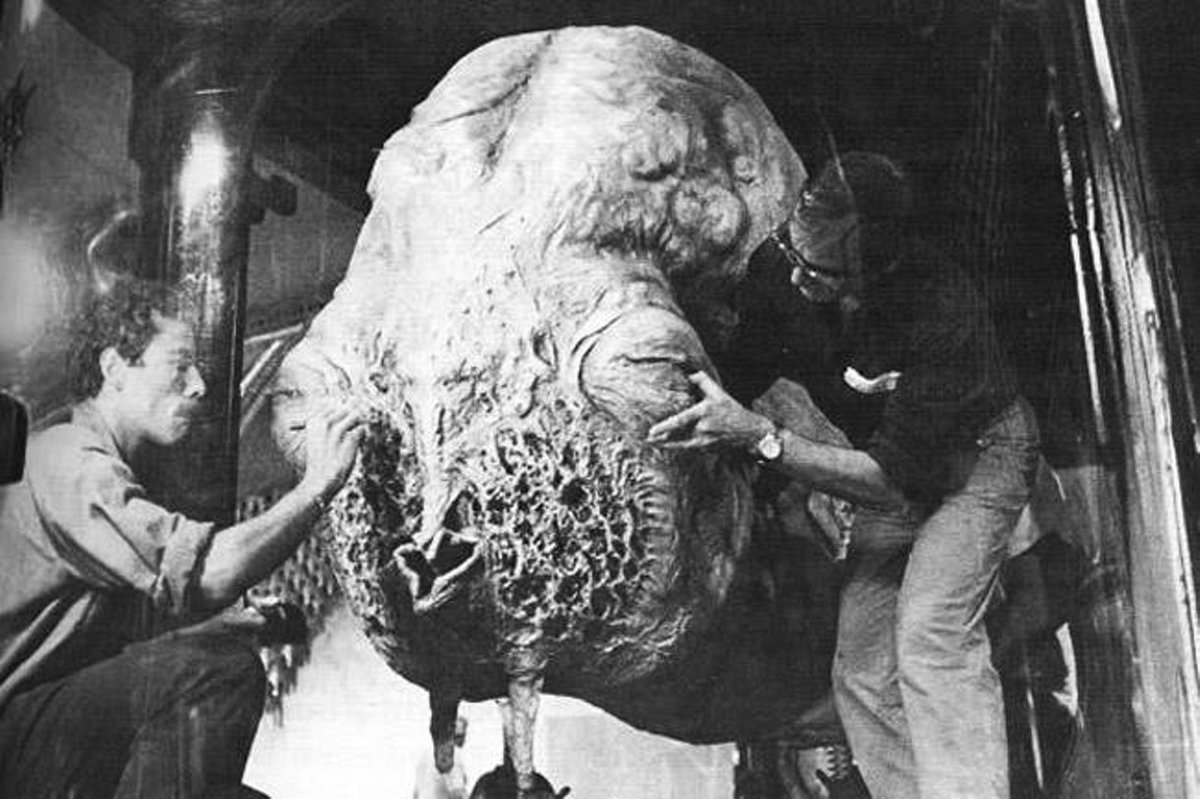
Lynch's Dune was certainly closer to Kubrick's 2001 than to Lucas's Star Wars: the language, the costumes, the sets were complex and sometimes frightening. There would be no easy route into the story for the audience. 



But Lynch's movie was 3 hours long, and De Laurentiis was determined to have a 2 hour film. So scenes were cut or condensed, with voice-over and narration to camera used to fill in missing details. De Laurentiis personally took over the SFX production.
The project was butchered.
The project was butchered.
The film was released in December 1984 to the sound of critical raspberries, despite mammoth pre-release hype from the studio. 'Cold', 'confused' and 'grotesque' were some of the kinder words critics had for it. 

Producers had been expecting a Star Wars style merchandising boom: toys, activity books and comics had been produced. But few people wanted a toy sandworm or a bubonic Baron Harkonnen in their Christmas stockings. 



Trying to cram a book as complex as Dune into two hours is impossible, which is why Ridley Scott had planned to do two films. The film also undervalued the female characters in Dune, with the Bene Gesserit subservient to the male characters. 

The film's ending also goes against the main thrust of the novel: Paul Atreides becomes a benevolent messiah - the Kwisatz Haderach - instead of a wary monarch unable to restrain the Fremen. 



Lynch certainly succeeds in showing us a truly alien cosmos, and there are some magnificent scenes and sets. But overall his Dune movie was a missed opportunity.
Sting didn't help much either...
Sting didn't help much either...
However it's worth watching alongside the Villeneuve version, not least for its courageous flaws. Lynch himself recognised he 'sold out' with Dune, and took his name off the film. Twin Peaks was perhaps his redemption.
But that's a story for another day. Now go watch Dune...
But that's a story for another day. Now go watch Dune...

(Did you know... Baron Harkonnen was used to smuggle the Metric system into America in 1984? Those Dune activity books weren't just for fun!) 

• • •
Missing some Tweet in this thread? You can try to
force a refresh



